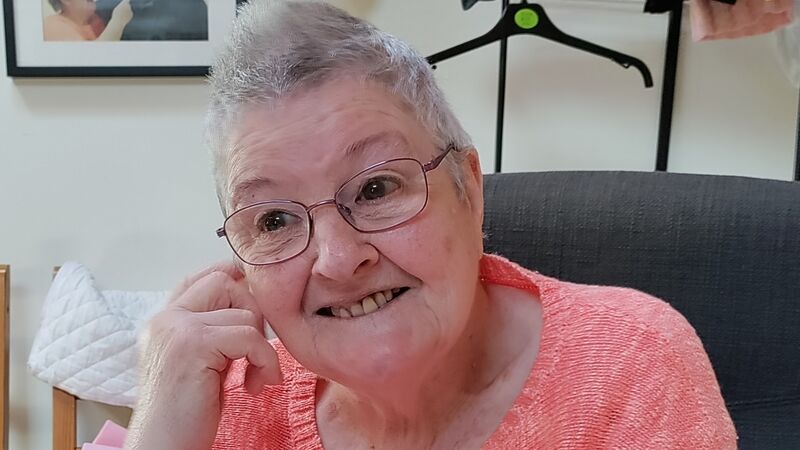Tributes pour in for Mary 'May' McGee whose Supreme Court case helped end contraception ban

When Mary 'May' McGee was in her late 20s, she had four babies in just 23 months, between December 1968 and November 1970.
Tributes have poured in for the “amazing” Mary 'May' McGee, who won a landmark legal case for reproductive rights and access to contraception at the Supreme Court in 1973.
The efforts of Ms McGee, who died on Tuesday, for access to contraception as a married woman in the 1970s paved the way for how reproductive care is given in Ireland today. In her late 20s then, she had four babies in just 23 months, between December 1968 and November 1970.













